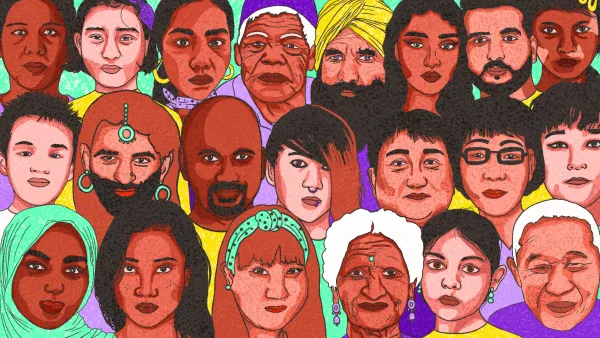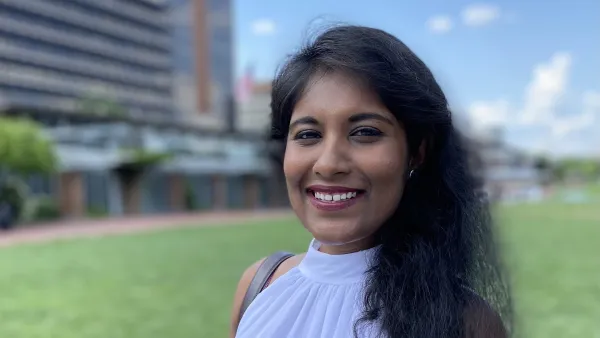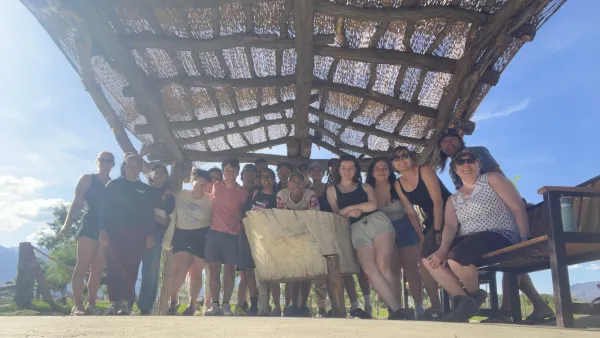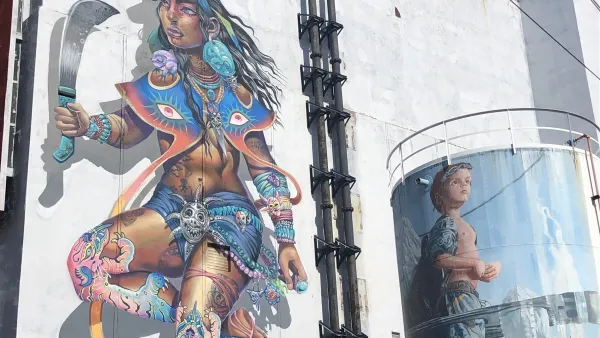Challenging dominant historical narratives is a constant struggle in America. Since the mid-20th century, student movements, and the birth of Ethnic Studies disciplines, have shifted the intellectual and material landscape of the university, reminding us that our classrooms play an essential and integrated role in the continuity and/or disruption of systemic, societal inequities in the US. More recent debates over Ethnic Studies and CRT in K-12 curriculum, and higher education have highlighted the troubling ways in which Jewish Studies can be weaponized to delegitimize the legacies, frameworks, and missions of Ethnic Studies. State departments of education, from California to Arizona and Florida, have mandated Holocaust, and Jewish Middle Eastern American histories, while obstructing inclusion of racially and politically underrepresented groups in the realms of lesson development, and curriculum. This panel brings together scholars from across Ethnic and Jewish Studies to reflect on the disciplines' divergent histories and possibilities for cross-departmental accountability, and transformative inclusion in education.

This panel will be moderated by Maxwell E. Greenberg, postdoctoral fellow in the Department of Jewish, Islamic and Middle Eastern Studies at Washington University in St. Louis. He received his PhD from UCLA through the department of Chicana/o and Central American Studies. He has developed popular curriculum and programming on US Jewish racial formation and is currently working on a manuscript entitled The New Jewish Pioneer that explores structures of race, land, and collective memory in the US-Mexico border region.
Linda Quiquivix is a popular educator of Mayan roots organizing in Chumash territory. She places her university training in geography at the service of under-resourced communities who seek tools to build and strengthen their collective autonomies. She's currently working on a popular book entitled Palestine 1492, which places the Palestinian struggle in conversation with resistance movements in the Americas over the last 500 years.
Jessie Stoolman is a graduate student at UCLA in the Department of Anthropology of white Jewish descent, living on Ute, Arapaho, and Cheyenne lands. Her project focuses on how the Moroccan archival landscape shapes collective memory of Black-Jewish history. She has published academic and non-academic writing in international journals, including Hespéris-Tamuda and Asymptote. She aspires to joint the publishing world to encourage accessibility in academic writing.
Nancy Ko is an interdisciplinary historian of environment and capitalism in the global Mediterranean. A recipient of the Paul & Daisy Soros Fellowship for New Americans, she is currently pursuing her Ph.D in the Department of History at Columbia University, where her work explores the intersections of Jewish life, loss, and memory with Mediterranean trajectories of racial capitalism. Nancy can be heard in conversation with recent authors in History, Asian American Studies, Jewish Studies, and Middle East Studies over at the New Books Network.




